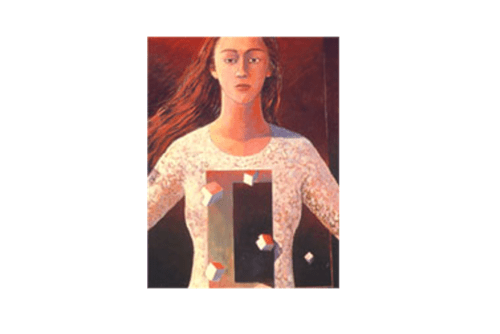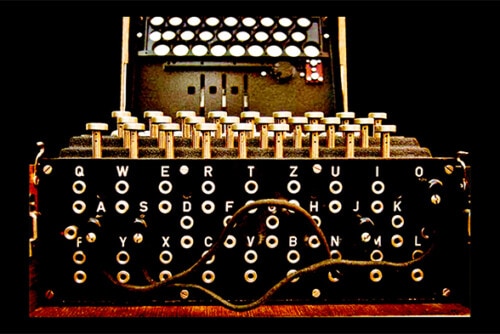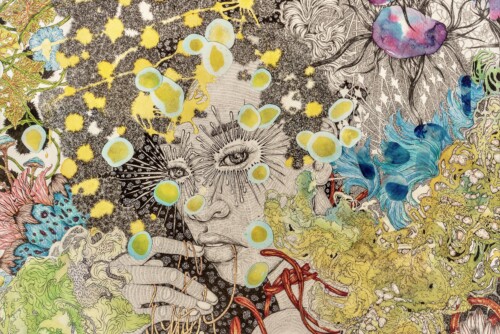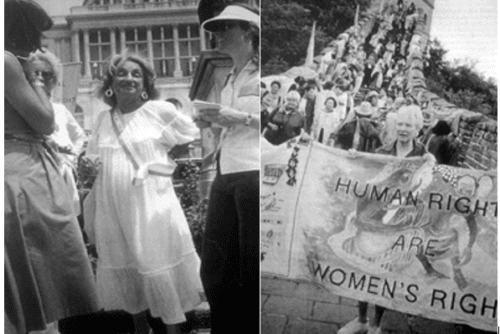*Reprinted with permission from Marjorie Agosín, ed., Miriam’s Daughters: Jewish Latin American Women Poets, Santa Fe: Sherman Asher Publishing, 2001.
Outside of Havana
are the Jews
who will never leave Cuba
until the coming
of the Messiah.
There is the grave
of Sender Kaplan’s father
a rabbi’s grave
encircled by an iron gate
shaded by a royal palm.
There is the grave
in Hebrew letters
that speak Spanish
words of love and loss.
Ay kerida, why so soon?
There is the grave
with a crooked
Star of David.
There is the grave
crumbled like feta.
I go searching
for the grave
of my cousin
who was too rich
to die.
I despair.
I’ve promised a picture
to my aunt and uncle.
They’re rich now in Miami
but not a penny for Fidel.
And then I find it-
the grave of Henry Levin
who died of leukemia
at age twelve
and money couldn’t save him.
Poor boy,
he got left behind
with the few living Jews
and all the dead ones
for whom the doves pray.
I reach for my camera
but the shutter won’t click.
Through ninety long miles
of burned bridges I’ve come
and my cousin won’t smile.
I have to return another day
for Henry Levin’s grave
with a friend’s camera.
Mine is useless for the rest
of the trip, transfixed, dead.
Only later I learn
why Henry Levin
rejected me
a latecomer
to his grave.
My aunt and uncle were wrong.
Henry Levin is not abandoned.
Your criada, the black woman
who didn’t marry to care for him,
tends his grave.
Tere tells me she can’t forget
Henry, he lay dying in her arms.
Your family left you, cousin,
so thank God for a black woman
who still visits your little bones.



